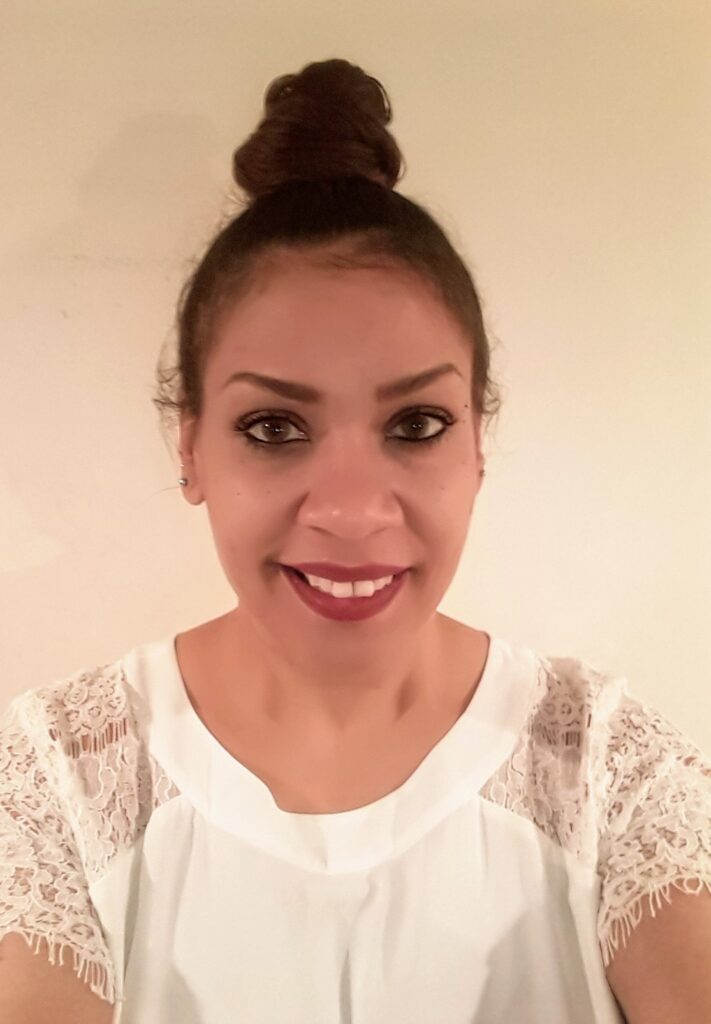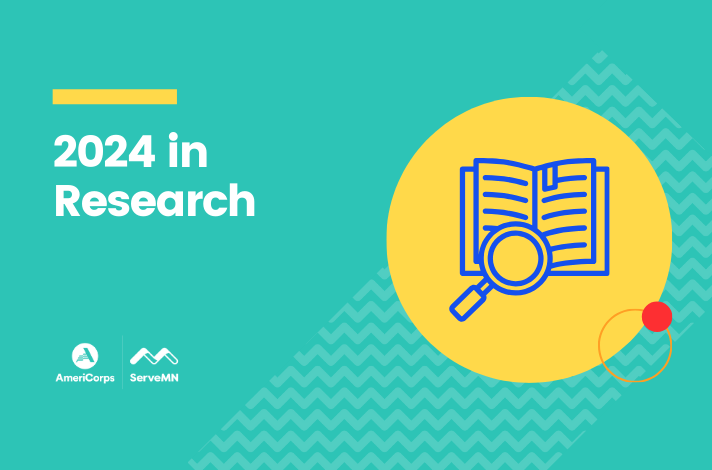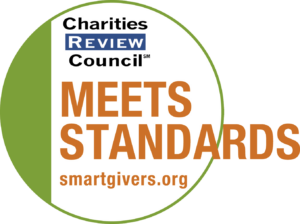Taryn began service in AmeriCorps as a Recovery Corps navigator in Aug. 2018, and after completing two terms serving at 3Rs NUWAY Counseling Center, she became a Certified Peer Recovery Specialist and was hired fulltime at NUWAY. ServeMinnesota recently had a conversation with Taryn to learn more about her journey.
How did you originally find and join Minnesota Recovery Corps?
I am a woman in recovery. I was at Metro Hope Ministries, and the journey for me began when I learned about Recovery Corps at Minnesota Recovery Connection. That’s where it first had piqued my attention about volunteering, and all that I knew was that I wanted to give back. I knew I wanted to serve people.
I just didn’t know what capacity, but when I was in the phase of my recovery process of putting a game plan together for careers, I told the woman I was working with at the workforce center that I was interested in working in recovery. That’s when I learned about AmeriCorps service in Recovery Corps.
What surprised and inspired you about your Recovery Corps service?
In Recovery Corps, I was really inspired by the fact that they were looking for people like me in recovery that could go out and be peers to other people and offer additional support. I had gone through my own recovery — and I still going through my own recovery process, of course, because it doesn’t end — and at the time that I went through my treatment environment, there weren’t a lot of resources to help with employment or housing, things that were non-clinical, but that are real stressors.
I was really excited to hear about a program (NUWAY) that was concentrating on that. I was super excited about that as somebody in longterm recovery as somebody who you know, just wanting to give back and wanting to be helpful.
I realized quickly that in my Recovery Corps service, I got to come in and change lives every day and really make an impact. It is really rewarding.
And what happened at the end of your AmeriCorps service in Recovery Corps?
At the end of my second service term, I applied for certification as a Certified Peer Recovery Specialist, and I was hired at NUWAY. And so essentially what I do is I support the clients here with their mental health and substance use disorders by providing resources and support.
In this time of Covid-19, what do recovery services look like? What does your work look like now?
By my own choice, I meet with all the intakes that come in. There’s a little X on the floor of my office that shows we are six feet apart when we meet. We wear masks. I meet with them prior to admissions. I let them know that I’m here for support, and I talk about the benefits of peer recovery services and how that can support them through their outpatient treatment process. And then together we fill out a referral for support services. It is a short sheet that talks about some of the resources that we offer, and it gives me kind of a game plan on how to follow up with them and to establish a relationship with them.
Sometimes a client will come in and they’re critical. And when I say critical, I mean, they need they need a place to stay or they need health insurance. You know, those are things that I immediately tried to work on, you know, with them right away.
How have things changed for clients who are seeking recovery from substance use disorders during the pandemic?
I have more clients that connect with me more for that support. You know, they want to talk, they wanted, you know additional outlet outside of their counselor and their group, where prior to that, as a navigator, it was more on the supporting them through the resource need and helping them get the skill sets that they needed were now you know they may indicate that they have a lot of need. I hear a lot of, you know, “I’ve been really struggling with triggers.” They need the companionship. There’s a lot of loneliness.
What do you want people to know about your service and now work in the recovery space?
I would just like to say that we do recover, you know, we do. I am so very grateful for AmeriCorps for recognizing the need of providing the additional support in the opportunity out there — not only to help people out there with mental health and substance use but for those of us sustaining as well. It’s just amazing opportunity and I’m grateful.
And there’s life after addiction. Not everything happens overnight, right? You know, I’m three years sober and I’m still working on reunification with some family members and dealing with other things that happened in my active use. That’s okay. Those stories, those things that we have are going to help and inspire and used in the right setting, will help change lives.
You can learn more about Minnesota Recovery Corps, including how to become a Recovery Navigator, here. You also can make a donation to Recovery Corps today.





